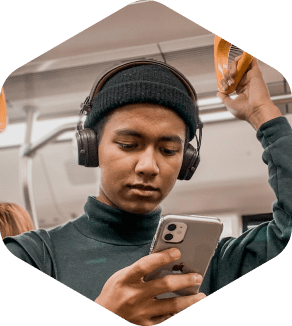
Unlock the future of your finance with Knaken. Whether you are an experienced investor or just starting out, our platform empowers you to make informed decisions effortlessly.
Dive into a world of digital assets, where simplicity meets sophistication.
Knaken Cryptohandel B.V. is registered with De Nederlandsche Bank N.V. (DNB) as a provider of crypto services. DNB supervises Knaken Cryptohandel B.V.'s compliance with the Money Laundering and Terrorist Financing (Prevention) Act and the Sanctions Act 1977. Knaken Cryptohandel B.V. is not subject to prudential supervision by DNB or conduct supervision by the AFM. This means that there is no supervision of financial requirements or business risks and there is no specific financial consumer protection.
Investing in crypto-related products involves significant risks.















